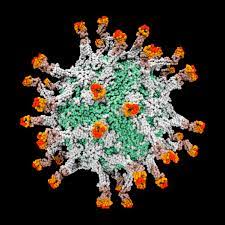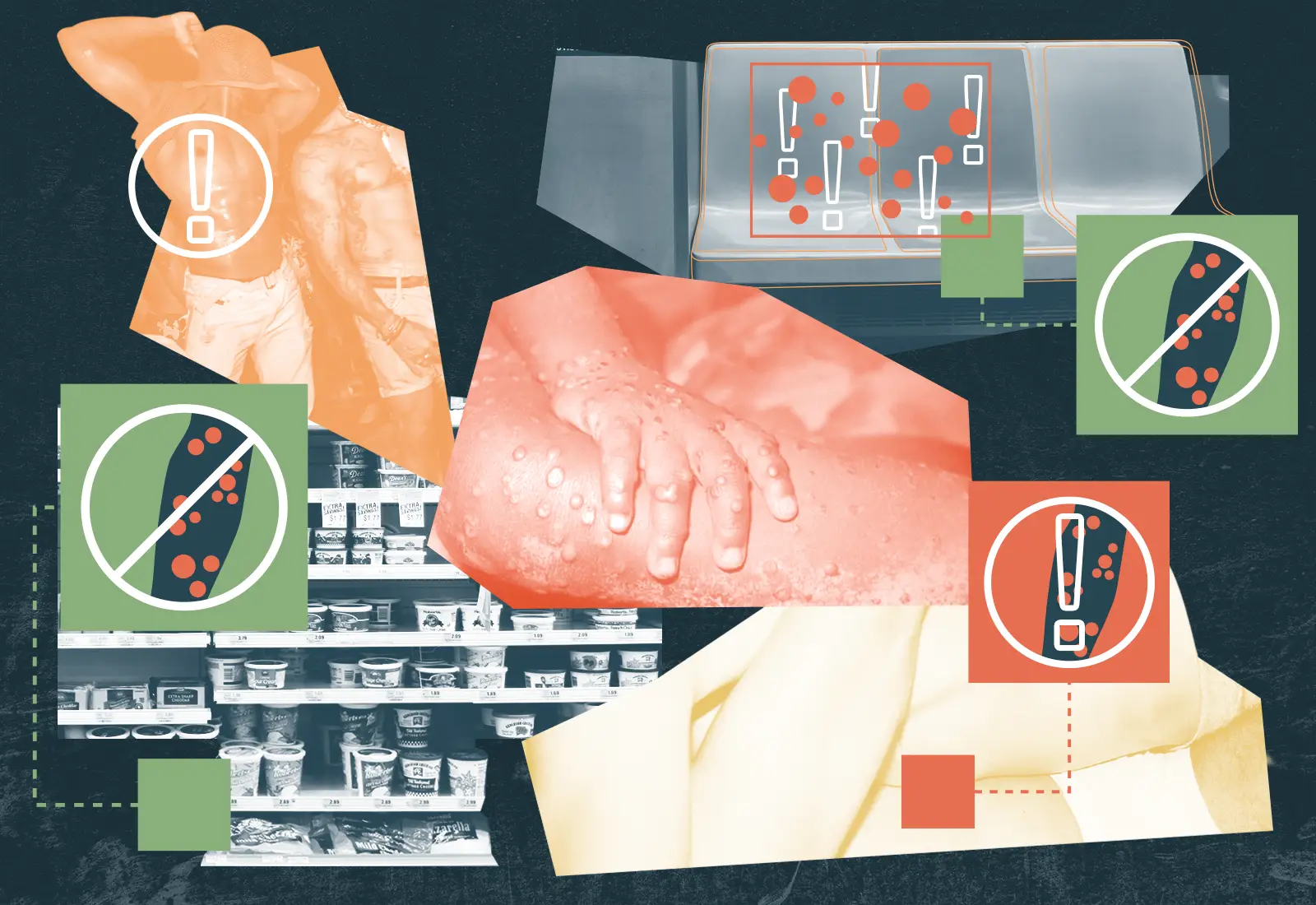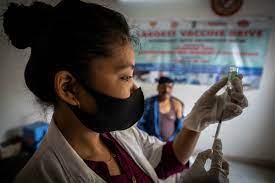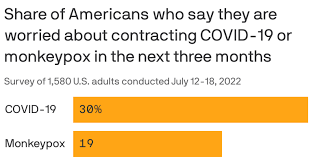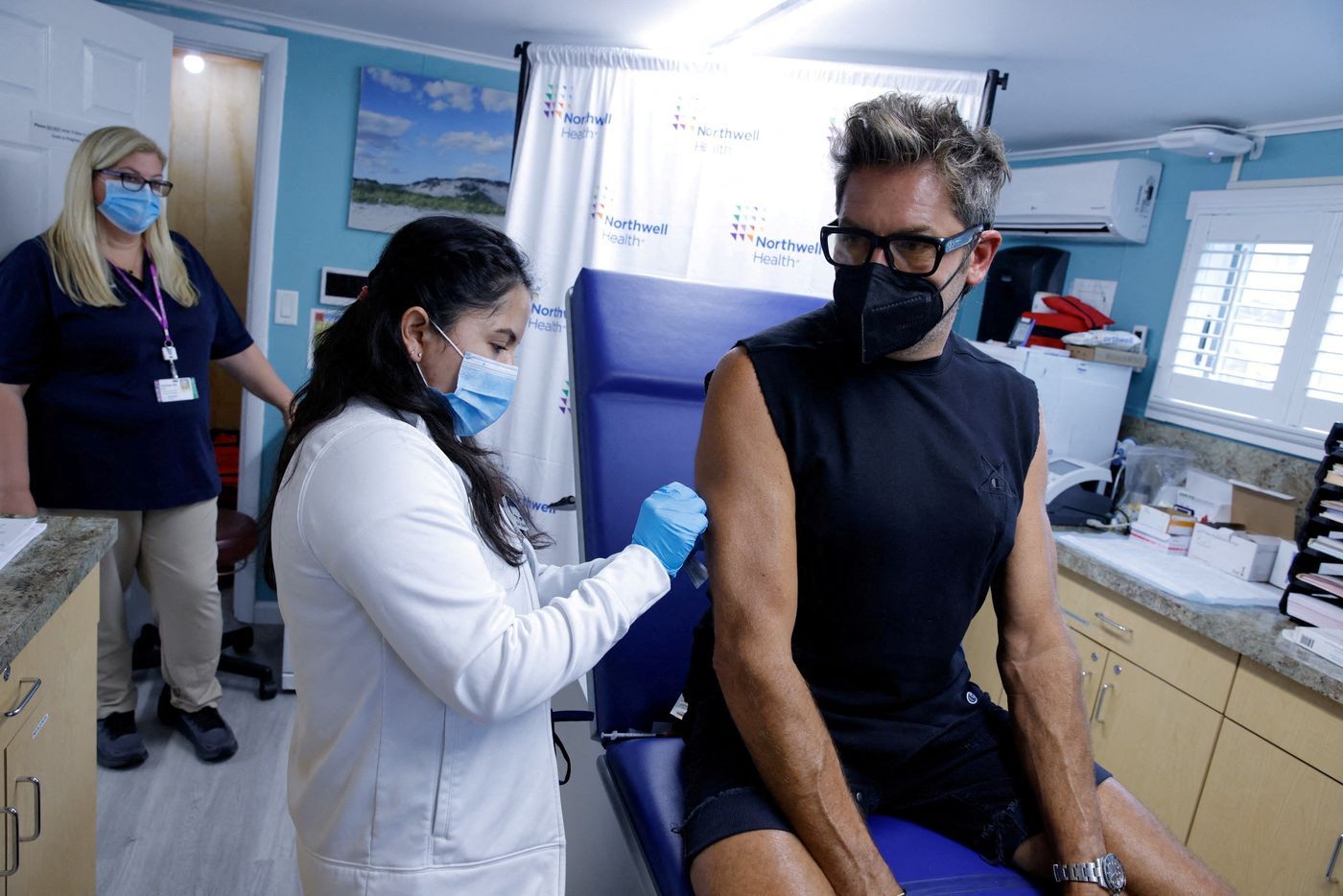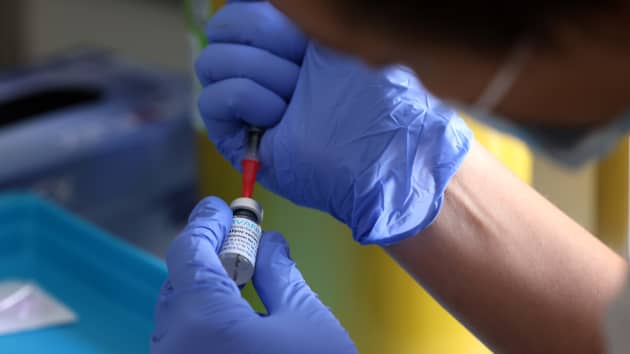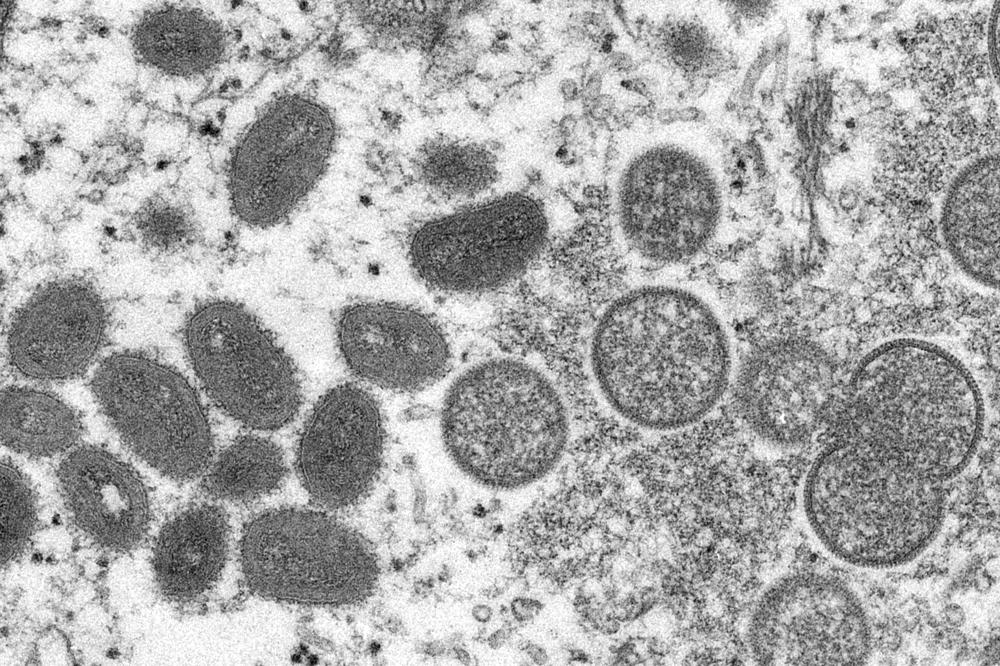Experts reveal how likely reinfection is from COVID with spread of omicron subvariant BA.5
Experts reveal how likely reinfection is from COVID with spread of omicron subvariant BA.5
At least 1.6 million people have been reinfected across 24 states.
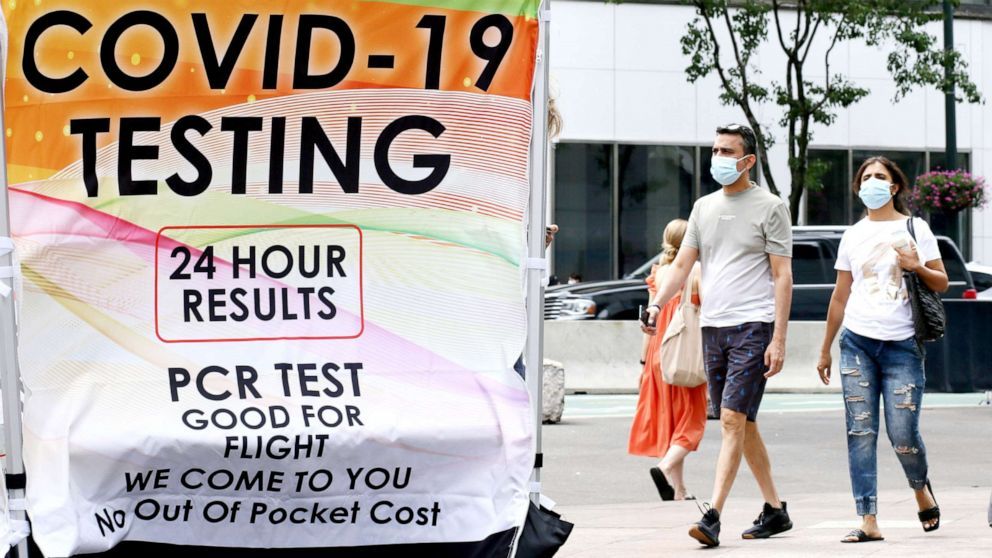
At least 1.6 million people have been reinfected across 24 states.
Early in the COVID-19 pandemic, the prevailing theory was that if someone was infected with the virus, they were immune -- at least for a while.
But a growing number of Americans seem to be contracting the virus more than once.
A recent ABC News analysis of state data found that, as of June 8, there have been more than 1.6 million reinfections across 24 states, but experts say the number is likely much higher.
"These are not the real numbers because many people are not reporting cases," Dr. Ali Mokdad, an epidemiologist with the University of Washington's Institute for Health Metrics and Evaluation in Seattle, told ABC News.
The latest variant, BA.5, has become the dominant strain in the U.S., making up more than 65% of all COVID-19 cases as of Wednesday, according to data from the Centers for Disease Control and Prevention.
What's more, studies have suggested that vaccines and previous infection do not offer as much protection against BA.5 compared to past variants.
However, there is little evidence to suggest that BA.5 causes more serious disease or is more deadly than previous variants.
Experts say the risk of reinfection has also increased due to the sheer number of Americans who've had a first infection and the dropping of mitigation measures, like mask-wearing, across the country.
Risk of reinfection was different pre-omicron
Before the omicron variant arrived in the U.S., experts said reinfection was far less likely.
"I would say that before the omicron variant, it was pretty rare for me to see reinfection," Dr. Shira Doron, an infectious disease physician and hospital epidemiologist at Tufts Medical Center in Boston, told ABC News. "Sometimes we would see someone who appeared to have reinfection and we'd repeat the test and it turned out that the new test was a false positive.
"And PCR tests can stay positive for months so sometimes clinicians would say a patient had reinfection, but it was a persistent positive from their infection a few months earlier," Doron said.
In fact, an April 2021 study from England published in The Lancet found that people with a previous history of COVID-19 infection were 84% less likely to be reinfected.
But that changed post-omicron. A March 2022 study from South Africa found an increased risk of reinfection with the emergence of omicron, BA.1, due to the variant's "marked ability to evade immunity from prior infection."
This has also rung true for the original omicron variant's several offshoots, including BA.5.
"There are two things going for BA.5," Mokdad said. "One is, it evades protection from vaccines and previous infection due to its mutation and it's a super-spreader."
"When you look at BA.5 specifically, your antibodies from BA.1 and BA.2 are not great at neutralizing BA.5," Doron added.
However, she did point to a preprint study from researchers in Qatar, which has not yet been peer-reviewed, suggesting effectiveness from infection with pre-omicron strains was only about 15.1-28.3% effective against reinfection with omicron.
"I still believe from what I've seen that if you were infected with omicron -- sure, you can get reinfected -- but it's much less likely you will" than if you were previously infected with delta, Doron said.
More people infected means higher chance of reinfection
Experts told ABC News the risk of reinfection hasn't just risen because of the emergence of the BA.5 variant. It's also because the total number of overall infections has increased.
In April, a CDC analysis estimated 58% of all Americans had antibodies indicating a prior COVID infection, meaning people never sickened by the virus are in the minority.
Doron said that by the nature of more people infected, especially two-and-a-half years into the pandemic, it means there will be more reinfections as well.
"In the pre-omicron era, the proportion of people who were infected is smaller than the proportion today, which is the majority of people," Doron said. "As you increase the proportion of people who have been infected, you're going to -- by definition -- increase the proportion of reinfections."
People have changed their behaviors
Mokdad said another reason that the risk of reinfection is higher is because people's behaviors have changed.
He said after the initial omicron wave in winter 2021-22, most Americans stopped wearing masks indoors and all states lifted their remaining mitigation measures.
The IHME, where Mokdad works, has tracked mask use over time and as of May 30, 2022 -- the latest date for which data is available -- found that just 18% of Americans say they always wear a mask in public. At the same time one year ago, that figure was 44%.
"Mask-wearing is the lowest since we started tracking it," he said. "Even on planes, people don't wear them. And now you have an invasive and an immune-escape variant and people not wearing a mask indoors."
He said previous waves from different COVID strains -- including alpha, delta and the original omicron variant -- were likely mitigated due to a higher percentage of the public wearing masks in indoor spaces.
ource.
